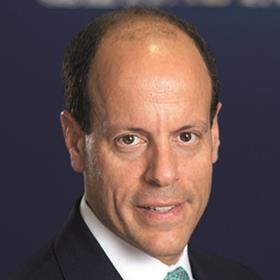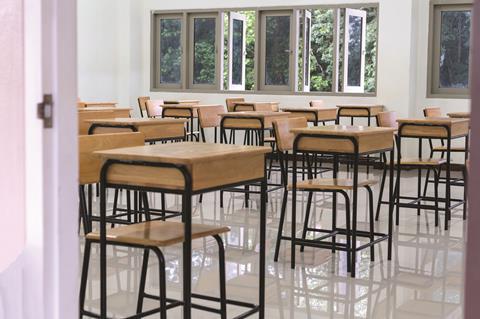Like many people over the past year, I have become familiar with the arrival of an email that brings the news that an event has either been postponed or cancelled in its entirety, sometimes for the second year in a row.

Whether it is a concert, a conference or a marathon, the organisers tend to state their regrets and their reasons before letting me know that they are looking forward to seeing me later this year or in 2022.
Is it that easy to pick back up where we left off? Can the missed experiences of 18 months be brushed over so swiftly? I’m not so sure.
There is a proverb that no man ever steps in the same river twice, for it’s not the same river and he’s not the same man. A Foo Fighters concert in 2022 may not differ too much from the concert you were meant to attend in 2021 or 2020 – although they do have a new album out! – but there are opportunities, chance meetings and key milestones that will have washed downstream over the past 15 months that will not be so easily recovered. Nowhere more so is this the case than with learning and development.
One of the greatest causes of concern throughout the pandemic was the impact of successive lockdowns on the education of school children, with 1.6 billion children worldwide out of school at the peak of closures in April 2020.
While we are enormously proud of the work of the PTI, a charity that I chair and of which Patron is a significant supporter — it has increased its reach to 7,000 teachers in the past academic year, from 4,500 the year prior – there are clear issues stemming from disruption to a child’s education.

Importantly, there are long-term ones that may not emerge for some time. I recently read that about half of the UK’s workforce lacks basic numeracy skills. Meanwhile, another report by FutureDotNow, a campaign group of large British employers, has identified 17.1 million people, about half the UK workforce, as lacking essential digital skills. This is a stark landscape.
While no doubt worsened by Covid-19, these skills gaps don’t occur overnight and I couldn’t help but wonder about the gaps that may be the unintentional legacy of the tiers and tears of lockdown.
Experiential education
If there is one thing I have learned over the past 35 years of work, it is that experiences are unpredictable, informative, irreplaceable and the linchpin of a meaningful education.
We learn so much by osmosis, trial and error and by being around diverse people and characters. What will happen to the generation of talent who missed out on months and years of this due to the impact of the pandemic?
Just as importantly, what will society miss out on from the missed opportunities here? Education is crucial to our progression as individuals and as a society more broadly.
This was brought home to me through our work with the Social Impact Lab of the Rustandy Center at the Chicago Booth School of Business. This project-based course allows students to explore social impact in the business world through Patron’s Women in Safe Homes fund, building out a framework for measuring and scaling the impact of the fund. While this course clearly helped the MBA students with their studies, it can also be a building block in the ongoing advancement and success of impact investing.
As we return to normality, we need to remember that there is more at stake than the day-to-day concerns of whether we’re working at home or in the office or meeting via Zoom or over a coffee, as the ‘crisis’ of tomorrow is in our hands today. We need to return to the office.
Keith Breslauer is managing director of Patron Capital






























No comments yet